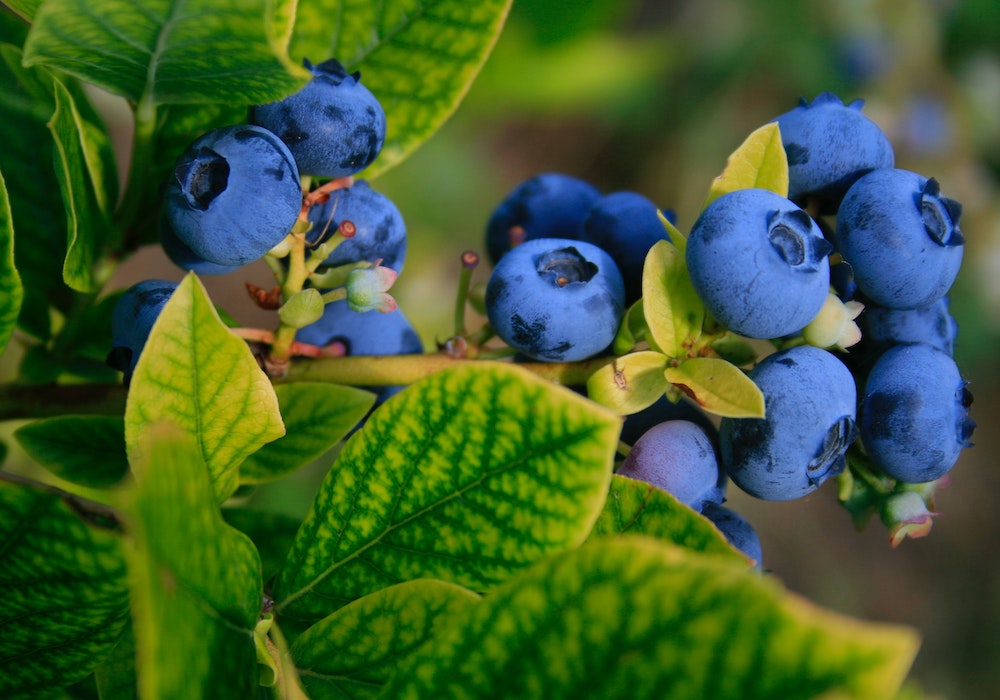Blueberries Deemed One Of The Dirtiest Fruits To Buy, Here’s Why
Blueberries came up as the 11th dirtiest fruit and vegetable in a recent study because traces of pesticides and other contaminates were found.
This article is more than 2 years old

Blueberries are a popular fruit often touted for their health benefits. They are rich in antioxidants and have been linked to several health benefits like improved brain function, low blood pressure, and reduced risk of heart disease. However, these berries are also one of the dirtiest fruits due to the number of pesticides and fungicides used in their cultivation.
As a result, blueberries have been included in the 2023 Dirty Dozen list of nonorganic produce. According to CNN Health, the U.S. Department of Agriculture analyzed the data of 46,569 samples of 46 fruits and vegetables before listing the berries as the 11th dirtiest. Each year, the agency washes, peels, and scrubs produce before the test samples are examined for about 251 pesticides.
Some of the tests found traces of pesticides in blueberries that have been banned by the Environmental Protection Agency for years. As such, stricter federal regulation and oversight are required for agricultural chemicals. “Pesticides are toxic by design,” Former Senior Vice President of Research for the Environmental Working Group Jane Houlihan told CNN Health.
Pesticides are used to kill insects and fungi that may cause damage to crops like blueberries. Farmers use them to protect their produce and increase their yield. But these chemicals can also have harmful effects on human health and the environment. Previous testing in 2020 and 2021 found 54 different pesticides.
Two insecticides (phosmet and malathion) were also found on nearly 10 percent of blueberries. However, these levels have decreased over the past decade. The biggest reason they are so heavily contaminated is that they are often grown in monoculture. This makes them susceptible to pests and diseases, which leads to the increased use of pesticides.
Another reason for blueberries being heavily contaminated is that they are often harvested by hand. That means workers are in direct contact with the fruit and the chemicals used to protect it. Additionally, many berries are often imported from countries where pesticide regulations may be more relaxed than in the United States.
But since blueberries are critical to a balanced diet, experts say consumers shouldn’t ditch them entirely. Growing the fruit independently in your backyard or a community garden is the safest option. Doing so allows you to control the types of pesticides and fertilizers used, as well as the quality of the soil and growing conditions.
This ensures that your blueberries are free from harmful chemicals and other contaminants. It’s also a good idea to store them in a clean, dry place, away from other foods and sources of contamination. The U.S. Food and Drug Administration also has some helpful tips about how to reduce your exposure to farming chemicals.
These measures include washing your hands with warm water and soap for 20 seconds before and after preparing fresh produce like blueberries. Rinsing items before peeling them is also a must. This prevents dirt and bacteria from being transferred from utensils to the actual fruits. Invest in a vegetable brush to clean items like apples and melons. Always use a clean cloth or paper towel to dry them. This also reduces bacteria.







